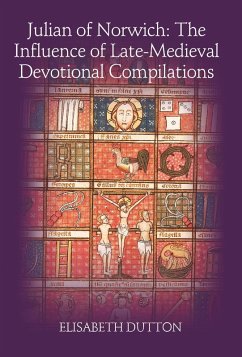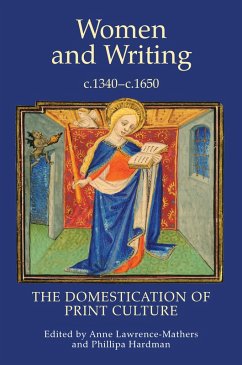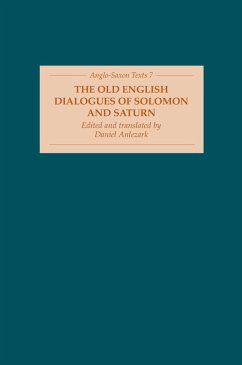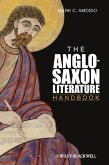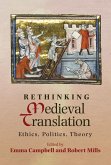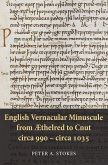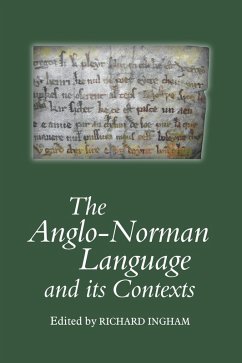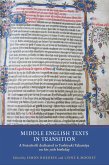A new reading of the Revelations in the context of late-medieval manuscript traditions.
Compilation and miscellany manuscripts were widely owned in the late middle ages, by both the laity and the clergy. Here, their possible influence on Julian of Norwich's Revelations is explored. The book argues that formalfeatures of compilation are evident in the text, deployed by Julian to give authority and didactic force to the theological debate in which she is engaged. Combining study of compilation manuscripts and manuscripts of the Revelations with structural analysis, it suggests important new ways of reading the Revelations, and makes a strong case for compilation as a literary form with creative potential.
Dr ELISABETH DUTTON is Senior Research Fellow, Worcester College, University of Oxford.
Compilation and miscellany manuscripts were widely owned in the late middle ages, by both the laity and the clergy. Here, their possible influence on Julian of Norwich's Revelations is explored. The book argues that formalfeatures of compilation are evident in the text, deployed by Julian to give authority and didactic force to the theological debate in which she is engaged. Combining study of compilation manuscripts and manuscripts of the Revelations with structural analysis, it suggests important new ways of reading the Revelations, and makes a strong case for compilation as a literary form with creative potential.
Dr ELISABETH DUTTON is Senior Research Fellow, Worcester College, University of Oxford.
Dieser Download kann aus rechtlichen Gründen nur mit Rechnungsadresse in A, D ausgeliefert werden.

